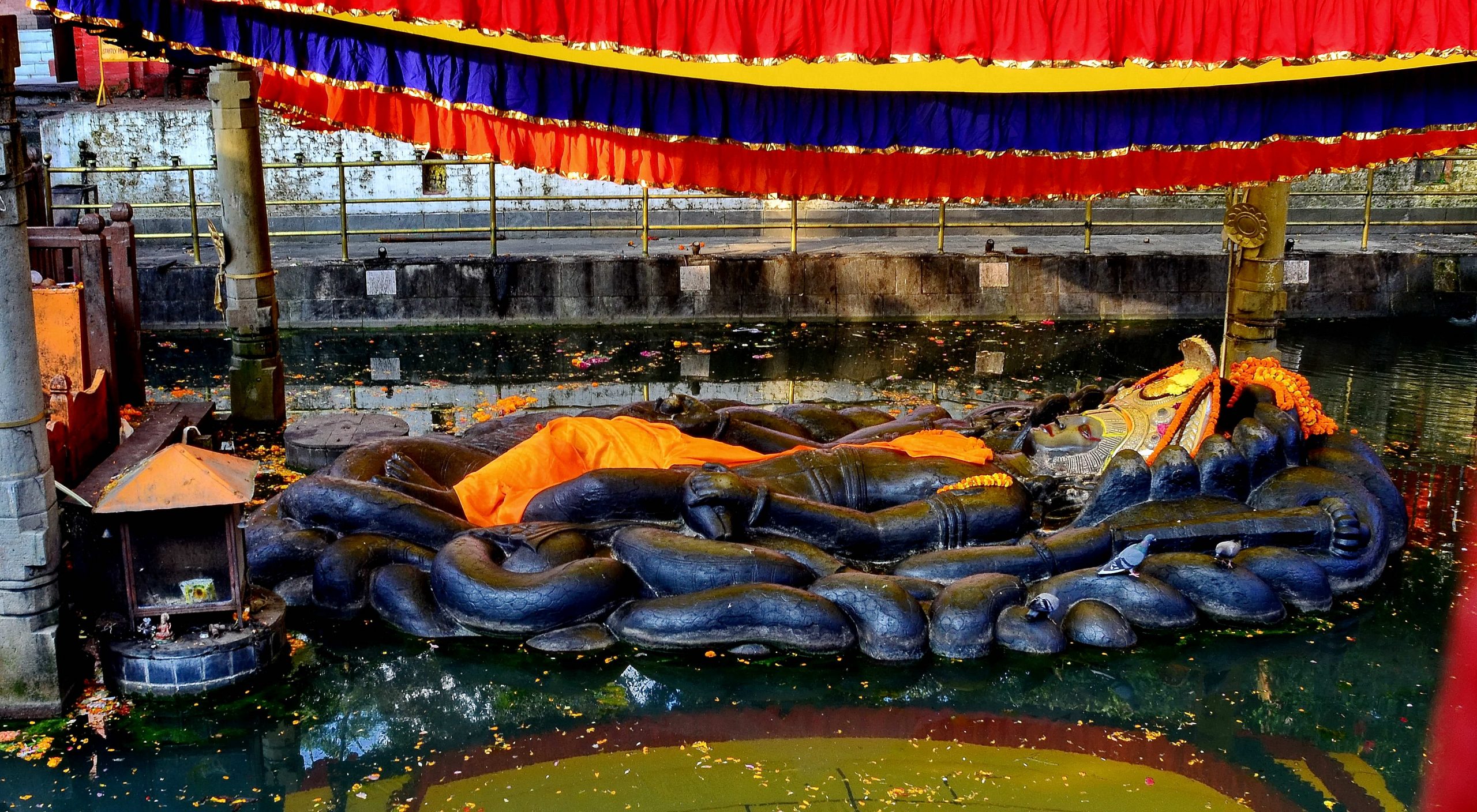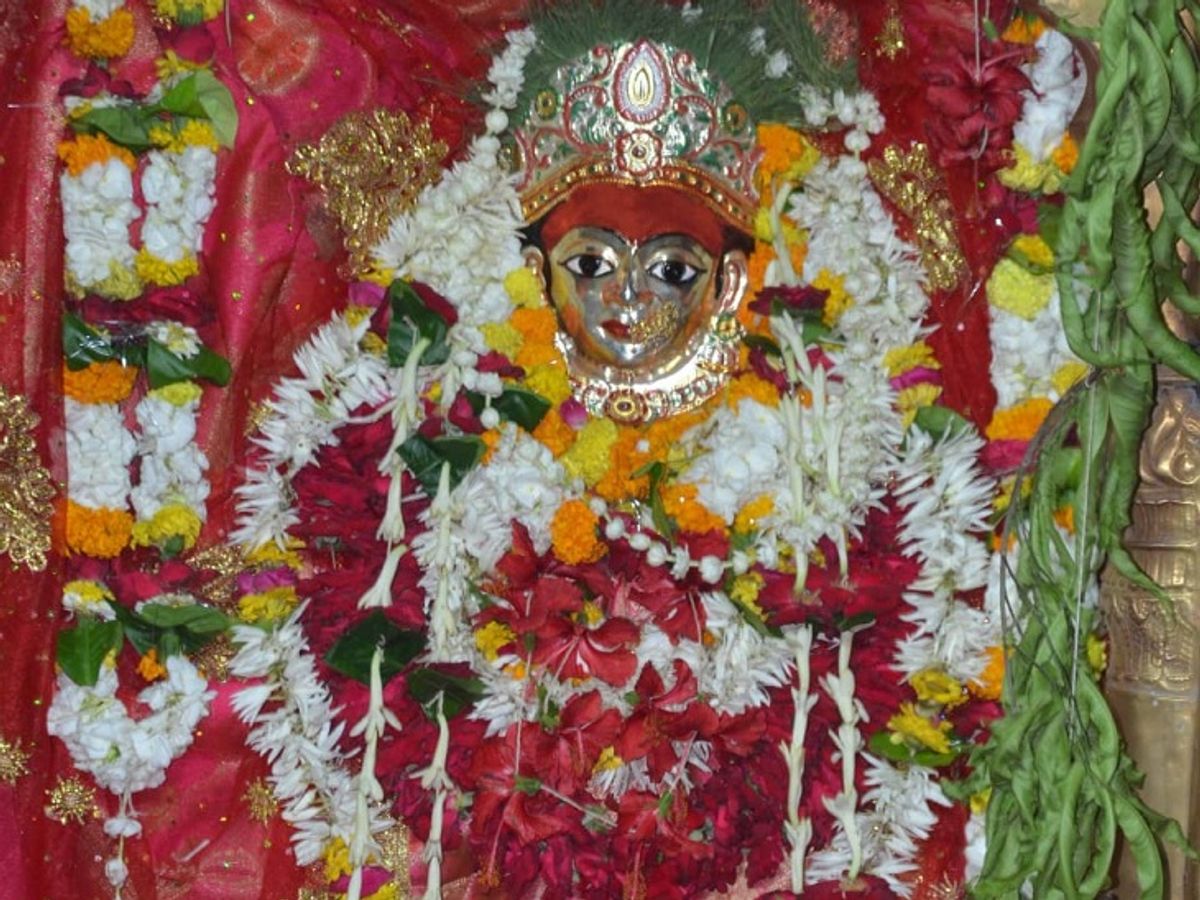Pradosh, also referred as Pradosham or Pradosha, is an auspicious day dedicated to Hindu God Shiva. Pradosham is an auspicious 3-hour period, 1.5 hours before and after the sunset, and is celebrated bi-monthly on the 13th day of every fortnight. Shiva devotees fast from sunrise to sunset and important rituals and pujas are held during the twilight period. Usually there are only two Pradosham in a month.
‘Pradosham’ literally means ‘removal of sins’ and hence, this time window grants the opportunity to remove your karma or karmic energies that limit your potential in your current life.
Types of Pradosham
Bhanu or Surya Pradosham
Soma Pradosham
Bhauma Pradosham or Runa Vimochana Pradosham
Saumya Vaara Pradosha
Guru Pradosham
Bhrigu vaara or Aishwarya Pradosham
Shani Pradosham
Pradosh Vrats falling on Mondays and Saturdays are the most significant.
Surya Pradosham : Pradosham falling on a Sunday is called as Surya Pradosham. The Sun is your soul and your inner strength. It is also called as Bhanu Pradosham. Surya Pradosham rituals can provide a great opportunity to build a road to prosperity and true happiness.
Soma Pradosham : When a Pradosham falls on a Monday, it is called as Soma Pradosham (‘Soma’ means Moon, the ruler of Monday). Soma Pradosham is effective for clearing afflictions of the Moon that can cause mental anguish and can reduce the karma accumulated over eons of birth
Bhauma Pradosham : Pradosham falling on a Tuesday is called as Bhauma Pradosham or Runa Vimochana Pradosham. It has the special quality of dissolving negative debt karma. The debt-clearing, benevolent energies released during Runa Vimochana Pradosham can clean up a financial mess and help you find a positive way forward.
Saumya Vaara Pradosham : Pradosham falling on a Wednesday is called as Saumya vaara Pradosham. Worshipping Shiva on this day can shrink the negative karma that is blocking your spiritual growth and prosperity.
Guru Pradosham : Pradosham on a Thursday is called as Guru Pradosham (Guru, being the other name of Jupiter, the ruling planet of Thursday). This Pradosham window can clear previous karma that blocks you from getting your Guru’s blessings and offer you a chance to open yourself to fresh teachings or lessons from teachers, mentors, or wise persons.
Aishwarya Pradosham : A Pradosham falling on a Friday is called as Aishwarya Pradosham (since Venus, the ruling planet of Friday is overruled by Lakshmi, the Goddess of wealth). It is also called as Bhrigu vaara Pradosham. This Pradosham gives you an opportunity to change your financial destiny. Vedic texts say that 13th Moon Pradosham can help to clear negative vibrations and bring progressive change in your life.
Shani Pradosham : The 13th Moon that falls on a Saturday is called Sani Pradosham (Sani means Saturn) and it is special, because according to mythology, the original Pradosham occurred on a Saturday. As Saturn is the planet of karma, worshipping Lord Shiva, the master of Saturn, on Sani Pradosham can add to its immense blessings.
Some other types of Pradosh Vrat depending on the timing of the puja performed are –
Nithya Pradosham is observed for 90 minutes of the sunset time. Worshipping Lord Shiva at this time is believed to bring prosperity in life. When pradosham dates come with thuvathasi and trayodashi tithi, it is known as Divya pradosham. Worshipping Shiva Linga at this time removes all bad karma from your previous birth. This pradosham is also said to bring benefit in legal matters, improves the bonding between couples, and family. Panchaloha lingam can also be used for this worship. After pradosha pooja, the devotees face the east side and look up at the sky to pay tribute and worship the great sages. This is called Saptharishi Pradosham.
Saturday pradosham on trayodashi tithi is also called Maha Pradosham. Maha pradosham that comes only once a year is called Aegatchara Pradosham. During this day, chanting ‘OM’ in Shiva temples removes over a crore doshas. Maha pradosham that comes twice a year, is called Arthanari Pradosham. These pradosh vrat dates are said to be beneficial for separated couples when they perform the vidhi with dedication. Maha pradosham that comes thrice a year is called Thirikarana. People who worship these days will get blessings from Ashta Lakshmi.
Importance of observing Pradosha
The importance of observing Pradosha is mentioned in the Pradosha Mahatmiyam from Shiva Purana; hence, Pradosha puja is considered to be highly auspicious among others by the devotees of Lord Shiva. This particular time on Trayodashi holds a lot of promise when praying to Lord Shiva, known as the destroyer, and his spouse Goddess Parvathi. It is supposed that Lord Shiva and Goddess Parvathi are incredibly delighted and generous on this particular day, and all universal beings and gods come down to earth to attend the worship. These times represent the windows of opportunity to remove Karmic energies that limit our potential in this current life.
Significance
As per Shiva Purana, Pradosh Vrat liberates devotees from all the past and present sins and all negativities. It is believed that if you observe the Pradosham with full devotion and dedication, your demands will be fulfilled by Lord Shiva and Goddess Parvathi. When struggling with tough times and seeking peace of mind, following the fast will awaken your soul and help you achieve boundless growth and happiness in life.
The legends associated with Pradosh Vrat
When Lord Vishnu came down as the Kurma Avataar (incarnation as a tortoise), the Samudra Manthan (churning of the ocean) took place. The King of Nagas, Vasuki offered himself as the churning rope around Mount Mandara who acted as the churning rod. The Devas took the tail end of the snake, and the Asuras took the snake’s head. The churning began and caused innumerable things to come out of the ocean, among which Halahala (lethal poison) was one. The poisonous fumes slowly started to affect the Devas and Asuras, who were trying to churn the ocean. If not stopped, this venom could cause the end of the universe. Hence, the Devas and Asuras pleaded with Lord Shiva to save the universe.
Before Halahala could cause any harm, Lord Shiva stepped in and consumed the poison. He held it in his throat without swallowing, thereby turning the color of his neck, blue. It is this incident that earned Lord Shiva the name Neelkanth (blue neck). This incident happened on the twelfth Moon day. The Devas and Asuras soon got hold of the Amrit and started rejoicing immensely and forgot to thank Lord Shiva. On the thirteenth day (trayodashi), they realized their mistake and asked him for forgiveness. Lord Shiva forgave them, and this time of forgiveness is believed to be Pradosham.



